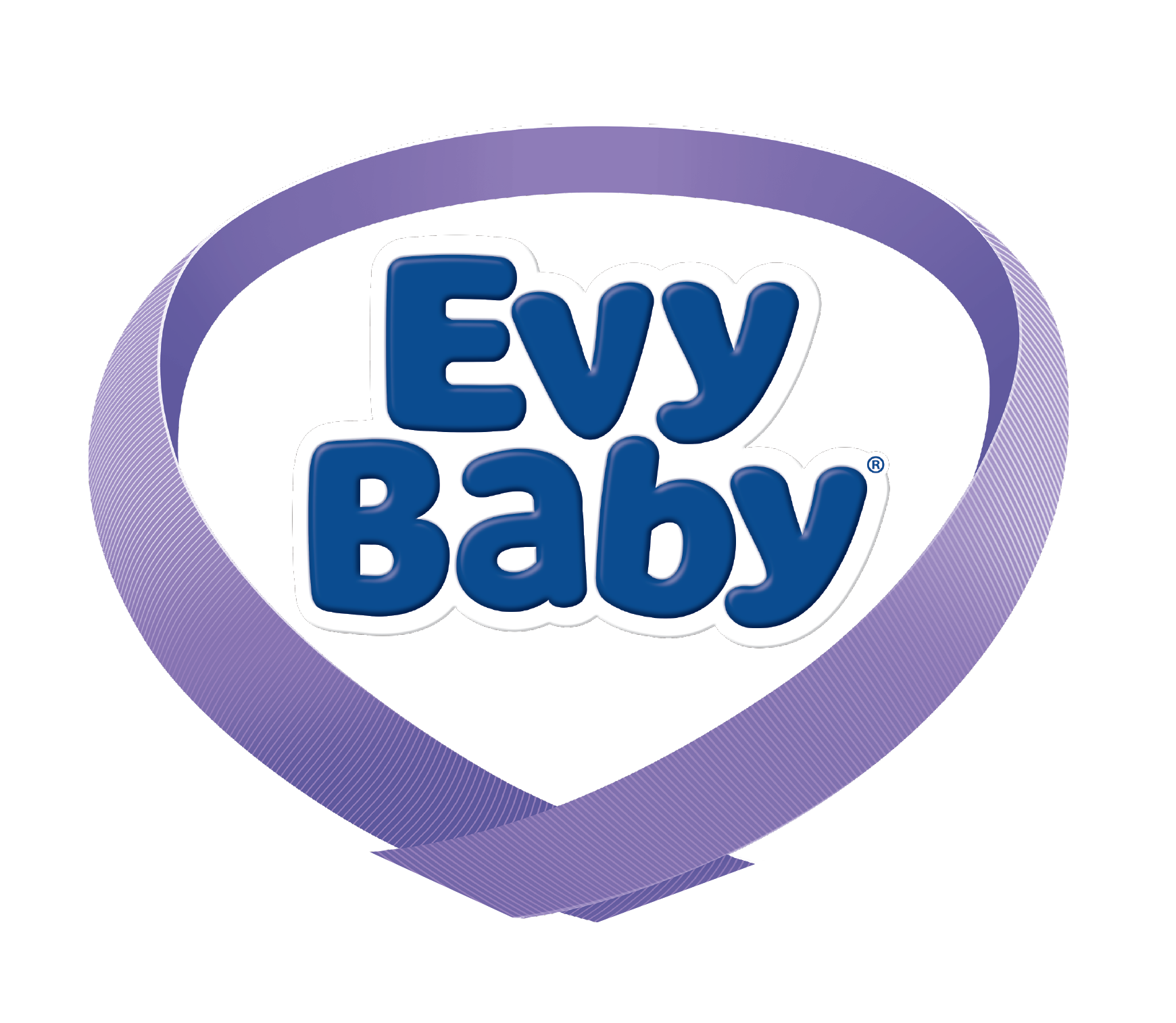

Even though you may not be able to realize every moment of it, your baby is growing up each day, and as it grows up, keeps up with the world and gains new experiences, not only its body but also its intelligence develops and improves.
This article of Mom’s Land deals with your baby’s brain development according to periods and the factors affecting this development.
Your baby’s brain development is divided into two main periods as prenatal and postnatal.
Prenatal: Your baby’s brain cells begin to develop within the first three gestational weeks and proliferate rapidly. This proliferation is so rapid that when a baby is born, it has nearly 100 billion brain cells. Moreover, the baby begins to record some memories during pregnancy as a result of this brain development. The baby can recognize its mother’s voice thanks to this development. Among the factors affecting the baby’s brain development in this period are the mother’s genetic disorders, mood and diet. Moreover; drinking and smoking, or being a passive smoker due to being exposed to frequent smoking, interaction with hazardous metals, and being exposed to radioactivity during pregnancy may also affect the baby’s brain development negatively.
Postnatal: When a baby is born, the brain comprises 25% of its total body weight. There are two main factors affecting your baby’s postnatal brain development. The first one of these factors is the parents’ interest and affection, while the second one is regular and sufficient sleep.
The intensity of communication with the external world during the postnatal period, satisfaction of the needs, and the affection and interest of the immediate circle of family, and particularly the parents’, play an important role in the brain development. That is because the higher the number of connections to be formed between the brain cells gets, in parallel, the higher level your baby’s brain development reaches. As the babies are extremely sensitive emotionally, you should form such an uninterrupted connection with them that makes your love and affection felt by them. Smiling at your baby, lifting up in your arms, touching and even singing for your baby affect its brain development positively.
Among the most important risks for your baby’s postnatal brain development are the problems due to childbirth under unhealthy conditions or lack of oxygen supply to the brain during birth. It should be further underlined that genetic disorders in consanguineous marriage cases affect the brain development of the babies negatively as well.
The time until your baby is 1.5 years old is highly important for your baby’s brain development and physical activities. In this period, it is good and beneficial to breastfeed the baby as much as possible so that the nervous system, which also supports the brain, gets stronger. During this period, the frequently used connections grow in your baby’s brain; while the ones which are not frequently used diminish.
As your baby begins to acquire skills, from month 18 to 36, controlled by its own will such as walking and speaking, its brain activities will most probably evolve parallel to these activities. Trying to move around and more or less express itself now, your baby is in the phase of getting used to the social life. As the babies increase their interaction with their environment, the brain of the babies at this age prepares itself for the exterior warnings as to what is right and what is not, and what can cause risk.
Effect of Sleep on Babies’ Brain Development
Another leading actor playing a role in babies’ brain development is the sleep. Your baby’s sleep pattern is important for the brain development. As the sleep pattern of the babies consists usually of the REM (rapid eye movement) phase, your baby’s intellectual activities also develop quite fast thanks to this sleep phase during which the brain forms close connections. The emergence of lullabies sung to put a baby to sleep, in which the sense of rhythm plays a role, is associated with this fact. Since a lullaby sung before sleep has a certain rhythm, it affects your baby’s brain activity positively and prepares your baby for sleep.
Furthermore, during the sleep, babies repeat in their minds the information they have acquired through experience or play in their daily lives. Therefore, an uninterrupted and quality sleep directly affects a baby’s brain development.